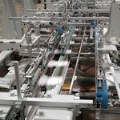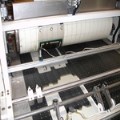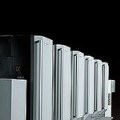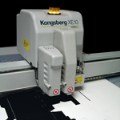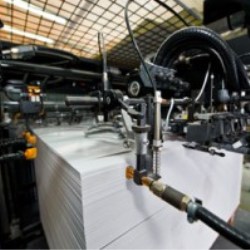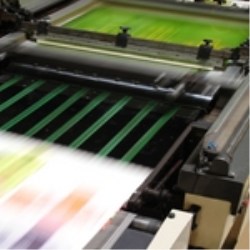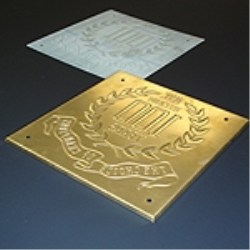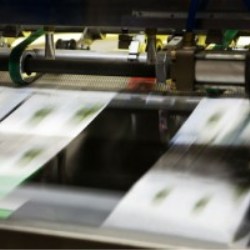If this is your company, CONTACT US to activate Packbase™ software to build your portal.
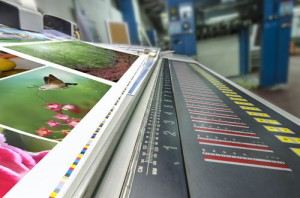

AM Lithography continues to lead the market in quality control and was recently certified June of 2011 as a G7 printer. G7® is IDEAlliance’s industry-leading set of best practices for achieving gray balance and is the driving force for achieving visual similarity across all print processes.
G7® is a method defined by the Print Properties and Working Group of IDEAlliance. The application of this method enables printers to reproduce a similar visual appearance across printing types and substrates. Today, through the PPC Working Group, experts from across the spectrum of printing disciplines contribute to this important IDEAlliance Methodology. G7® specifies the components of an image that define a similar “visual appearance” to the human eye.
To do this, the G7 Method:
- Defines a definition for gray balance.
- Specifies gray balance in the mid-tones, image weight and image contrast from the highlights to the shadows, which are the factors that determine likeness of the visual appearance of an image.
- G7® is both a definition of grayscale appearance, and a calibration method for adjusting any CMYK imaging device to simulate the G7 grayscale definition.
- G7 yields a visual match between different imaging systems using simple 1-dimensional curves, and enables shared appearance between different printing devices or specifications when additional color management is not available.
- G7 is the basis for GRACoL on #1 paper (TR006), SWOP on #3 paper (TR003), SWOP on #5 paper (TR005) and FIRST’s Flexo on white polyester substrate (TR007). G7 utilizes one of the implementation methods of the new ISO 10128 standard for near-neutral calibration.
- G7 is device independent. The G7 neutral print density curve (NPDC), gray balance definitions and calibration methodology are the same for any imaging technology, regardless of substrate, colorants, screening technologies, etc.


